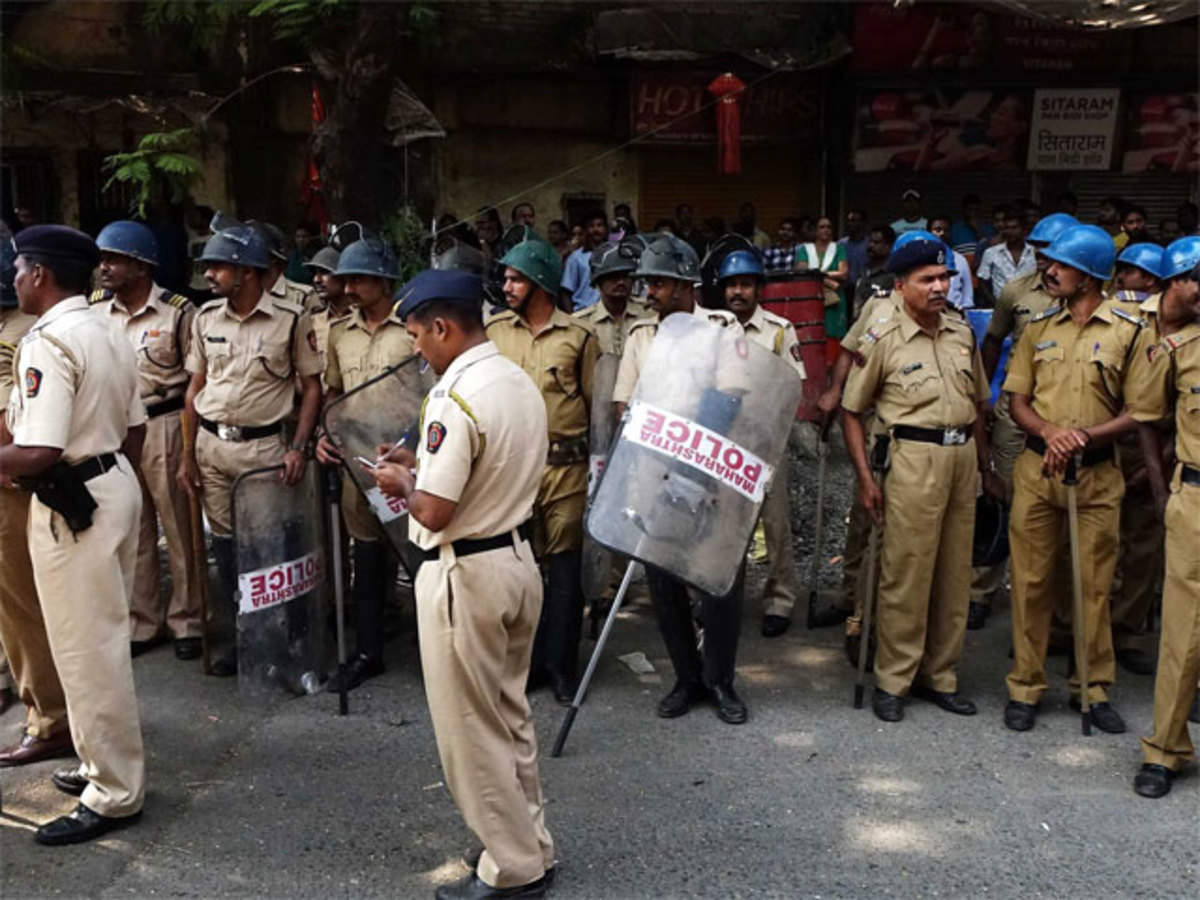In a significant move, the Punjab and Haryana High Court has instructed the Haryana government to revoke the security provided to IAS officers who are not engaged in vital administrative or semi-judicial roles. This decision has led to public discussions around how security is being allocated, with some questioning whether it is being used as a necessary safeguard or as a status symbol by the officers.
Many members of the public have raised concerns that for some IAS officers, security has become more about maintaining prestige than addressing actual threats. Despite the high visibility of security details, there has been no formal threat perception assessment conducted by local intelligence agencies or the police in many cases. This lack of evaluation has led to officers receiving security without a clear need, according to public observations.
Additionally, the provision of security has put an immense strain on police resources. Large amounts of manpower are being allocated to provide protection for officers, often at the cost of other essential duties. Many believe that this diversion of resources is affecting the overall efficiency of the state’s law enforcement, with security personnel being pulled away from critical public safety tasks.
The High Court’s decision comes after reviewing the current security measures in the state. The court emphasized that security should be reserved only for those officers facing genuine risks or handling sensitive assignments. It also directed the Haryana Director General of Police (DGP) to file an affidavit by October 28 explaining the criteria used for granting security and whether any proper threat perception assessments were conducted for IAS officers currently receiving protection.
The court’s directive also seeks clarity on the potential strain that unnecessary security allocations have placed on the police force. With significant resources being used to provide security for officials, the public has voiced concerns that police operations, including crime prevention and public safety, are being compromised.
In light of these issues, the High Court has asked the DGP to review the protocols for assigning security and to ensure that it is provided based on genuine requirements, not as a matter of routine. The court has also demanded that the state ensure only those officers who require protection due to specific risks are given such provisions, particularly in light of the manpower shortages affecting the state police.
Public reaction has also drawn attention to the broader implications of this issue, particularly the perception that many officials use security as a status symbol, adding pressure on the already overstretched police force. The lack of proper threat assessments has only fueled these concerns, with many believing that security should be allocated based on real need rather than for symbolic purposes.
The High Court has scheduled the next hearing for October 28, by which time the DGP is expected to provide a full report on how security is being managed in the state. This case has opened up important questions about the role of security for public officials and the potential misuse of resources, with many advocating for a more transparent and need-based system.
As this issue unfolds, it could lead to wider reforms in how security is allocated to IAS officers, ensuring that only those in real danger or handling sensitive duties receive protection, while also freeing up manpower for more critical tasks.
Follow The420.in on
Telegram, Facebook, Twitter, LinkedIn, Instagram and YouTube



